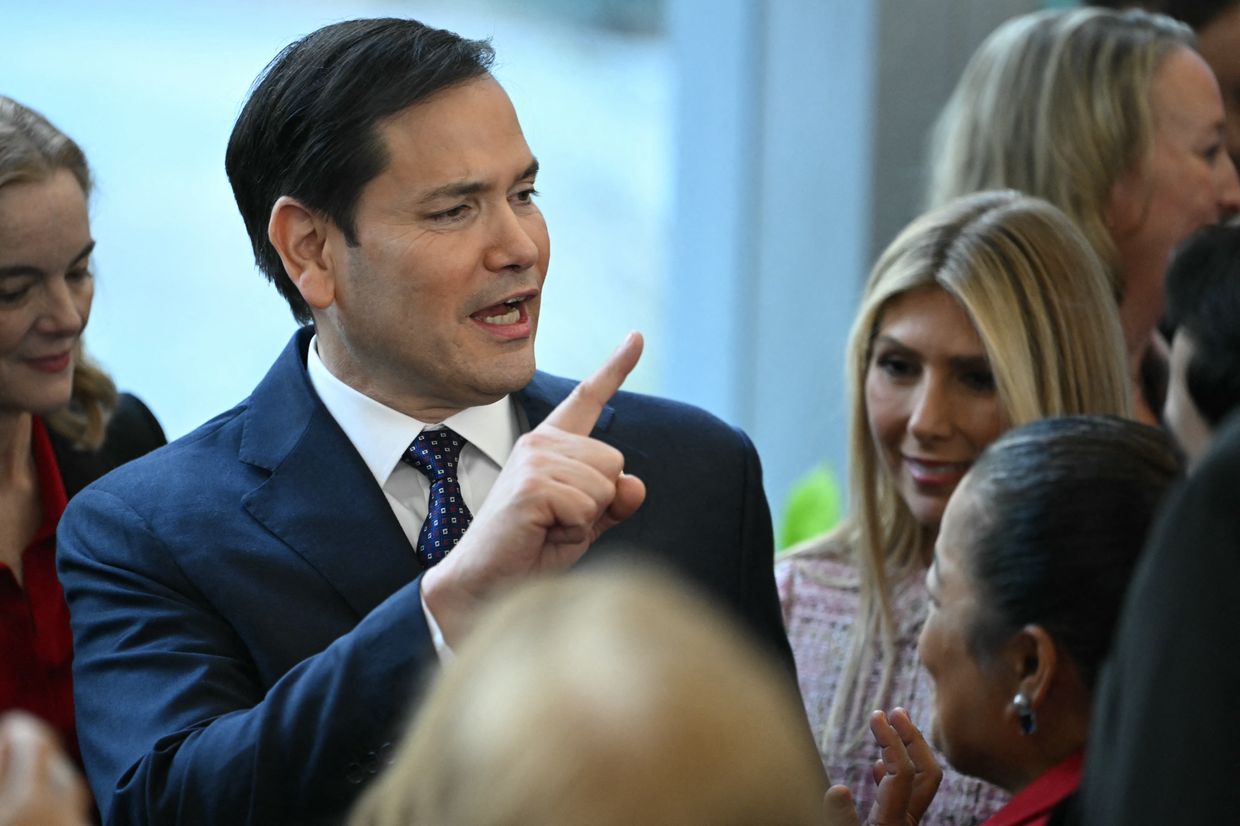Secretary of State Marco Rubio announced on April 16 the closure of the State Department’s office responsible for countering foreign disinformation, citing concerns about free speech and the rights of American citizens.
The office started as part of the U.S. government’s efforts to fight terrorist messaging online. It was first called the Center for Strategic Counterterrorism Communications. In 2016, it changed its focus to fighting lies and propaganda from foreign governments like Russia and China, and got a new name — the Global Engagement Center (GEC).
In December 2024, the GEC was reorganized into the State Department’s Counter Foreign Information Manipulation and Interference Hub (R/FIMI).
In a post on X, Rubio said the center had overstepped its mission and worked to “silence and censor” Americans.
“I am announcing the closure of the State Department’s Counter Foreign Information Manipulation and Interference, formerly the Global Engagement Center (GEC), which cost taxpayers more than $50 million per year and actively silenced and censored the voices of Americans they were supposed to be serving,” Rubio wrote.
The move follows years of Republican criticism of the center. Billionaire Elon Musk, now an advisor to U.S. President Donald Trump and head of the Department of Government Efficiency (DOGE), in early 2023 called the GEC “the worst offender in U.S. government censorship (and) media manipulation.”
GEC leaders and defenders have rejected such claims. Special Envoy James Rubin, who led the center until December 2024, said its mission was focused exclusively on foreign disinformation campaigns. The center ran projects in Latin America, Africa, and Moldova during his time in the office.
One project focused on a major Russian disinformation campaign in Africa called the “African Initiative,” which aimed at undermining trust in a U.S.-funded health program in the region. Russia recruited journalists, bloggers, and public figures to spread conspiracy theories across social media, websites, and Telegram channels.
“Many, many thousands, if not more, of people might have believed (the disinformation) and not received life-saving medical care,” had the campaign not been noticed sooner, Rubin told Politico in October 2024.
In June 2024, the GEC helped launch the Ukraine Communications Group, a multinational initiative to counter Russian disinformation on the war in Ukraine, based in Warsaw and backed by more than 20 governments, NATO, and the European External Action Service.
According to the National Endowment for Democracy, Russia spends an estimated $1.5 billion annually on foreign influence campaigns. In Europe alone, Moscow is believed to be behind 80% of such operations, according to Czech Foreign Minister Jan Lipavský.
During the 2024 U.S. presidential election, the Kremlin was also leveraging unsuspecting Americans and Russian public relations firms to spread disinformation, U.S. intelligence officials told the Associated Press in July 2024.














